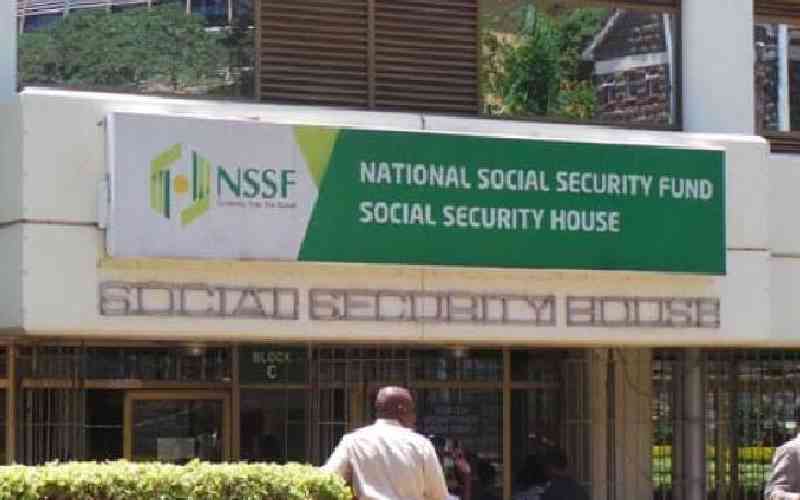×
The Standard e-Paper
Join Thousands Daily

The Auditor General has termed as "irregular" the high costs of running the National Social Security Fund (NSSF) which ballooned by nearly a billion shillings in the year to June 2021.